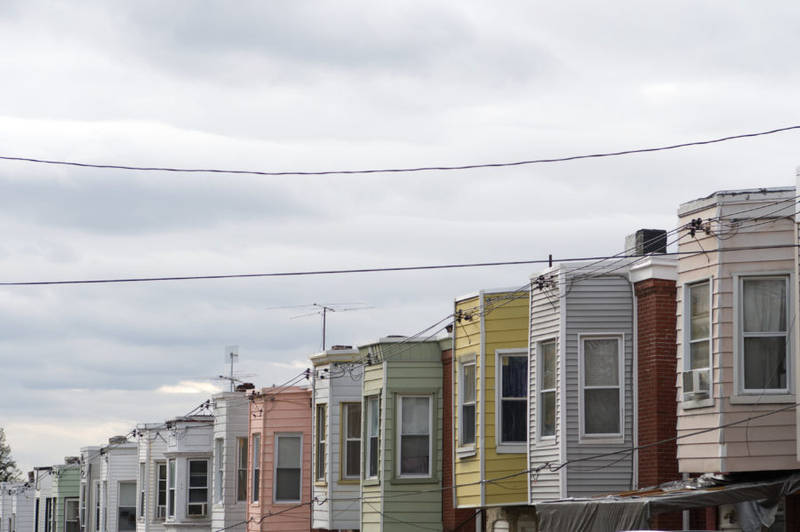Advocates seek state funding for stable housing for formerly incarcerated people

Criminal justice reform advocates want to secure funding for a program they hope will be a model for reintegrating people who were formerly incarcerated into society.
Carla Crowder, executive director of Alabama Appleseed, will ask legislators for $500,000 that will be directed toward a nonprofit to provide housing for people just getting out of prison.
Crowder said in a recent interview that people were often released from prison without a housing plan.
“They’ve shown up in warming centers wearing parole ankle monitors,” she said. “These ankle monitors don’t keep people warm and safe. You obviously cannot live with an ankle monitor. But that’s all we do for people leaving prison. Then politicians are surprised when they struggle.”
Those released from prison have several tasks upon release, from finding health care providers to obtaining driver’s licenses. The proposed housing program aims to address a major challenge formerly incarcerated people face after release.
“I would say that housing is one of the top, if not the top barrier,” said Charles Francis, the deputy program director for behavioral health at the Justice Center with the Council of State Governments. “I think people are increasingly recognizing that.”
The obstacles can be significant. The housing people had before going to prison may no longer be safe or available. Family members or friends may not welcome them back after having gone to prison. And finding affordable housing is difficult.
Secure housing is often seen as a critical first step in helping people recover from trauma or reintegrate into society. Advocates say other forms of intervention have less of an impact if someone does not have a place to live.
A 2012 study from the Urban Institute found people who participated in the supportive housing program were 40% less likely to be rearrested and 61% less likely to be reincarcerated when compared to a peer group.
“Some of it is just common sense,” Francis said. “If you are expecting someone to be employed for example, if you don’t have somewhere to live, it becomes just that much more difficult to hold down a job. If you don’t have somewhere to leave your clothes, or to go back to, or to rest, that even applies to if you are living somewhere, couch surfing or staying somewhere else.”
With the housing secured, former inmates would receive other services like job training, substance abuse treatment and other needs for successful reentry.
Crowder said the money would go to Alatheia House, a nonprofit that oversees 200 housing units and serves people who need housing support, including those coming out of jail and those who have finished treatment programs.
“This would be a new referral source to housing that we already have that serves a related purpose,” said Chris Retan, the executive director for Alatheia House. “We already take referrals from people who have completed a drug rehabilitation program, or people who have been in a homeless shelter, or people who have HIV/AIDS.”
In the past, the organization has also served people who were imprisoned but stopped because of funding issues. While Alatheia House would provide the housing, Appleseed would partner with providers to offer supportive services, including case management.
Colorado implemented such a program funded from its Department of Corrections that provides grants to local nonprofits to provide services to people who are formerly incarcerated. These include housing, Medicaid, food stamps, and money for education.
Cam Ward, the director of the Alabama Bureau of Pardons and Paroles, supports the idea.
“I do think it is a good idea what Appleseed is proposing because there is a severe lack of housing when people reenter the community,” he said. “It has been shown that if they have proper housing, then there is a much less likely chance they will recidivate.”
Ward said the Bureau is willing to assist with identifying individuals for candidates into the program, but he was clear to say that the Bureau cannot be the one to spearhead it because it falls outside how the agency is designed.
The more significant concern is funding.
“You have to put that $500,000 into someone’s budget, and whoever that budget is in, is going to have to manage that housing,” Ward said. “That is where my only concern is.”
Crowder said it would be a smart investment.
“Thousands of people leave Alabama’s prisons every year, and the state has never spent any money on transitional housing,” Crowder said. “Surely, since state officials can find $1 billion in the state budget for a single new prison, we can find $500,000 to help people transition out of our violent, deadly prisons into safer, productive lives. That is what this funding is about.”








